Introduction
The recent advent of generative artificial intelligence (“AI“) and large language models have led to groundbreaking opportunities for all parts of society. However, its adoption may be uneven across states. Small states, in particular, face challenges such as:
- access to resources and funding;
- limitations of small domestic markets and the resulting difficulty of tapping on economies of scale;
- access to data; and
- availability of expertise and AI talent.
On 22 September 2024, the world’s first AI Playbook for Small States (“Playbook“) was introduced by Singapore and Rwanda at the United Nations (UN) Summit of the Future (SOTF) Action Day (A Digital Future for All). The Playbook is an anthology of best practices from members of the Digital Forum of Small States (“Digital FOSS“) on how they have implemented artificial intelligence (“AI“) strategies and policies in their countries.
Within the Playbook, Digital FOSS members share their experiences on the adoption and development of AI while addressing issues of AI governance, safety, and social impact. The Playbook covers the following aspects of AI adoption:
- Laying key building blocks;
- Driving AI development and use;
- Fostering a trusted environment; and
- Forging global partnerships and cooperation
We delve into these aspects below.
Laying Key Building Blocks
A strong foundation for AI initiatives will require the key building blocks of human resources and robust infrastructure.
- Human resources
- Nurturing technological professionals through means such as working with universities to develop specialised AI curricula.
- Conducting broad-based training for the general workforce, enabling them to leverage AI at work to enhance productivity and decision-making.
- Infrastructure, namely compute and data
- Enabling reliable access to high performance compute, with due consideration to issues of national security.
- Enabling access to high quality, contextualised quality data to ensure the tailoring of AI systems to local needs. Governments may consider curating data and even providing selective private sector access to government-held datasets.
- Sustainability concerns in light of the consumption of large amounts of electricity and water cooling resources.
Driving AI Development and Use
For all segments of society to benefit from AI, governments may find it advantageous to hold targeted interventions to drive development within industry and government.
- Industry
- Prioritising areas of focus in light of resource constraints, such as priority industries within the national economy.
- Driving usage of AI by micro, small, and medium-sized enterprises (“MSME“), given that the majority of businesses in small states are MSMEs. For instance, the deployment of sandboxes can allow for MSMEs to experiment in AI and develop AI expertise for use outside the sandbox.
- Government
- Piloting AI applications in key areas of government services, thus demonstrating the effectiveness of AI in real-world scenarios.
- Building AI literacy and proficiency within the public sector workforce through targeted training courses, ideally tailored to the relevant roles and responsibilities of the involved officials.
Fostering a Trusted Environment
The risks from AI are multi-faceted – whether from inherent, internal risks such as bias and hallucination, or external risks such as cyber-attacks and misinformation. Building a trusted environment will allow stakeholders to confidently embrace AI in the assurance that it will operate as intended.
- Establishing a holistic framework that sets out governance principles and addresses the various concerns.
- Crafting practical testing tools to ensure that AI systems are safe for deployment and use. As testing may be expensive and challenging for businesses, open-source testing resources and toolkits may lower the barriers to entry for end-users.
- Leveraging and/or updating existing regulations, particularly those that regulate outcomes rather than the technology used. These can be complemented by industry guidelines to address technology-specific concerns.
- Building up digital literacy across society, such that the population is able to immunise itself from AI harms such as misinformation or scams.
Forging Global Partnerships and Cooperation
In implementing the above suggestions, small states may face constraints such as limited resources and a lack of access to economies of scale. Global partnerships and cooperation would enable small states to leverage on each other’s strengths and amplify their collective voice to shape global governance norms more effectively.
The Digital FOSS network itself stands as an example, having been mooted in 2022 to bring the digital policy leaders from small states together to exchange views. Apart from the creation of the Playbook, other initiatives include week-long programmes that over 25 countries have participated in, covering topics such as cross-border data flows and data protection.
Another example is the United Nations Development Programme: AI for Sustainable Development. It provides AI landscape assessments to identify opportunities for enhancing national AI readiness, as well as AI solutions such as iVerify, an automated fact-checking tool to combat misinformation, disinformation and hate speech.
Concluding Remarks
The Playbook captures the different experiences of AI adoption across different geographical regions and varying stages of digital development, and highlights the key struggles – and possible solutions – applicable to small states. In light of the rapidly evolving nature of AI, the Playbook was created to be a living document that continuously aggregates the collective experiences and strategies of small states. Further contributions on a continuing basis will be welcomed.
For further queries, please feel free to contact our team below.
Disclaimer
Rajah & Tann Asia is a network of member firms with local legal practices in Cambodia, Indonesia, Lao PDR, Malaysia, Myanmar, the Philippines, Singapore, Thailand and Vietnam. Our Asian network also includes our regional office in China as well as regional desks focused on Brunei, Japan and South Asia. Member firms are independently constituted and regulated in accordance with relevant local requirements.
The contents of this publication are owned by Rajah & Tann Asia together with each of its member firms and are subject to all relevant protection (including but not limited to copyright protection) under the laws of each of the countries where the member firm operates and, through international treaties, other countries. No part of this publication may be reproduced, licensed, sold, published, transmitted, modified, adapted, publicly displayed, broadcast (including storage in any medium by electronic means whether or not transiently for any purpose save as permitted herein) without the prior written permission of Rajah & Tann Asia or its respective member firms.
Please note also that whilst the information in this publication is correct to the best of our knowledge and belief at the time of writing, it is only intended to provide a general guide to the subject matter and should not be treated as legal advice or a substitute for specific professional advice for any particular course of action as such information may not suit your specific business and operational requirements. You should seek legal advice for your specific situation. In addition, the information in this publication does not create any relationship, whether legally binding or otherwise. Rajah & Tann Asia and its member firms do not accept, and fully disclaim, responsibility for any loss or damage which may result from accessing or relying on the information in this publication.







